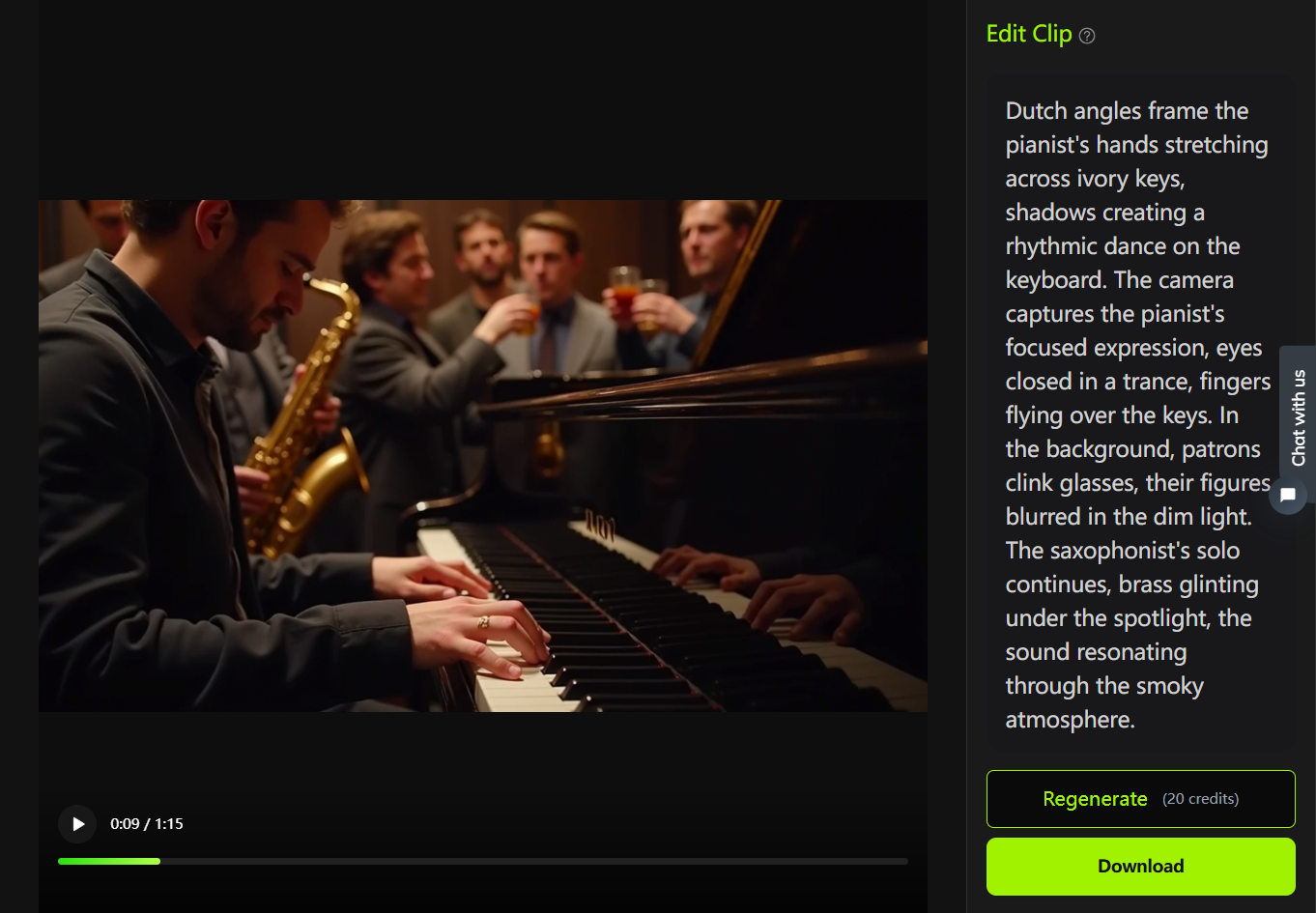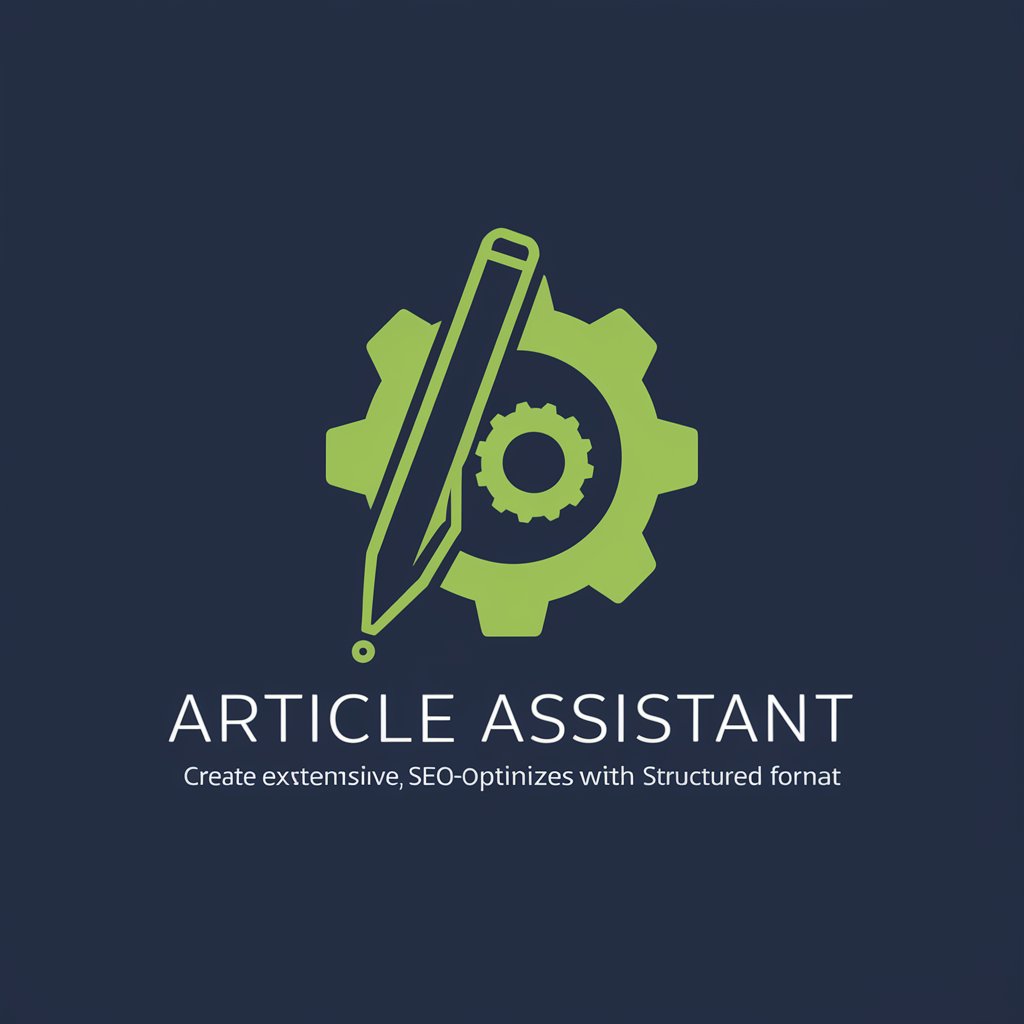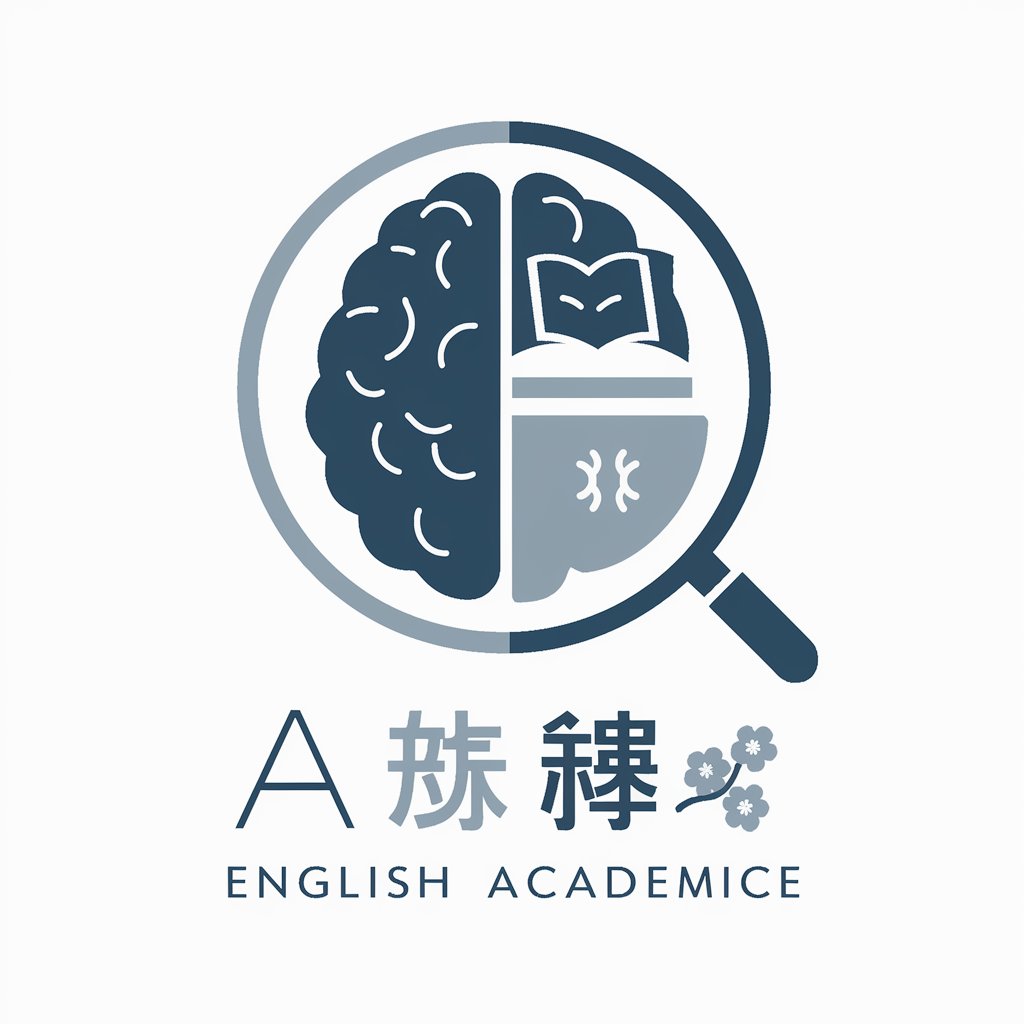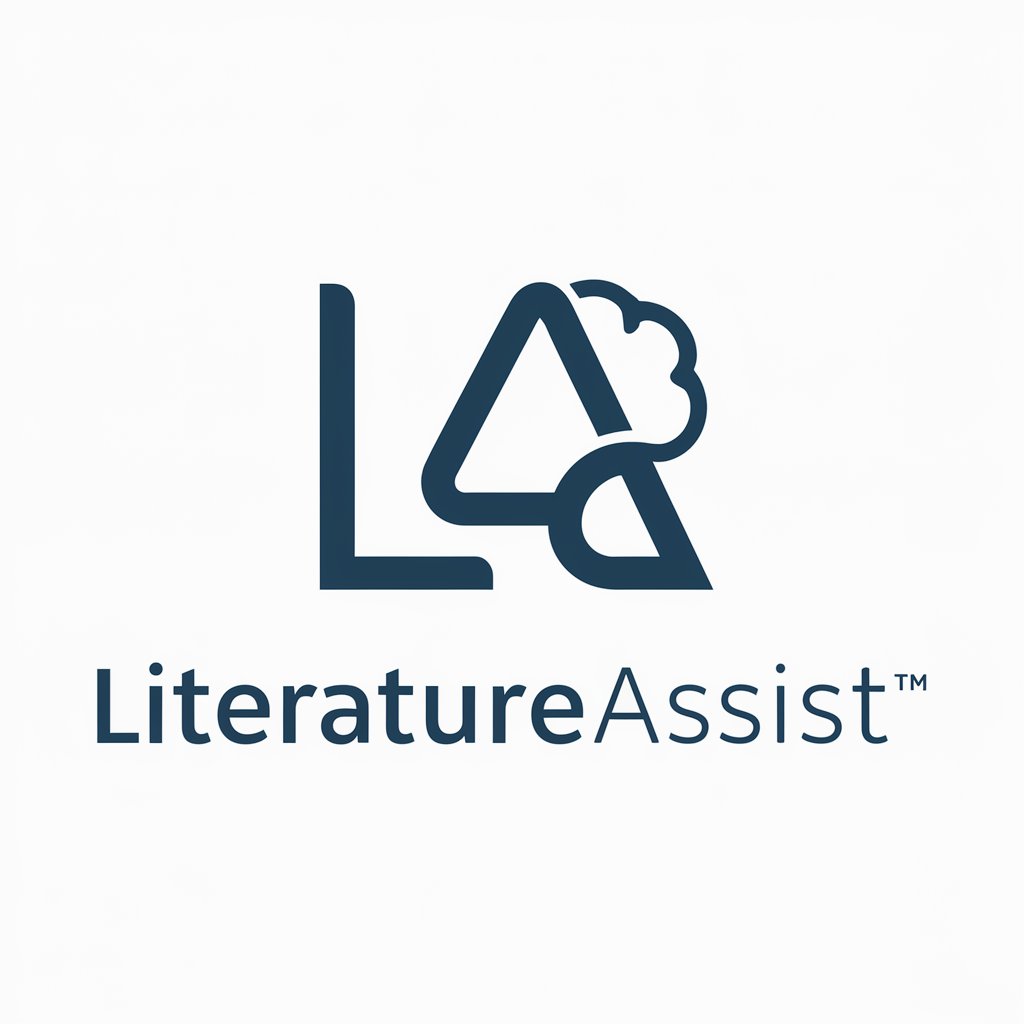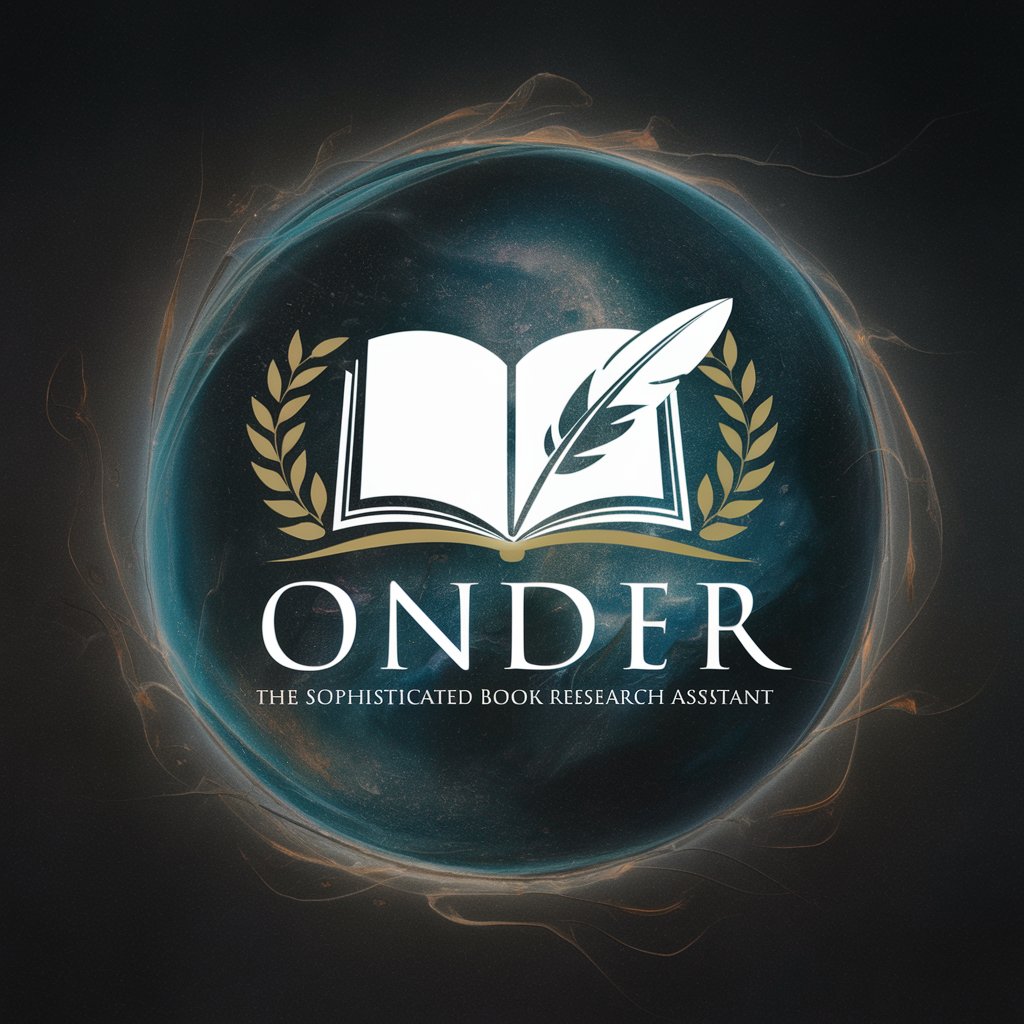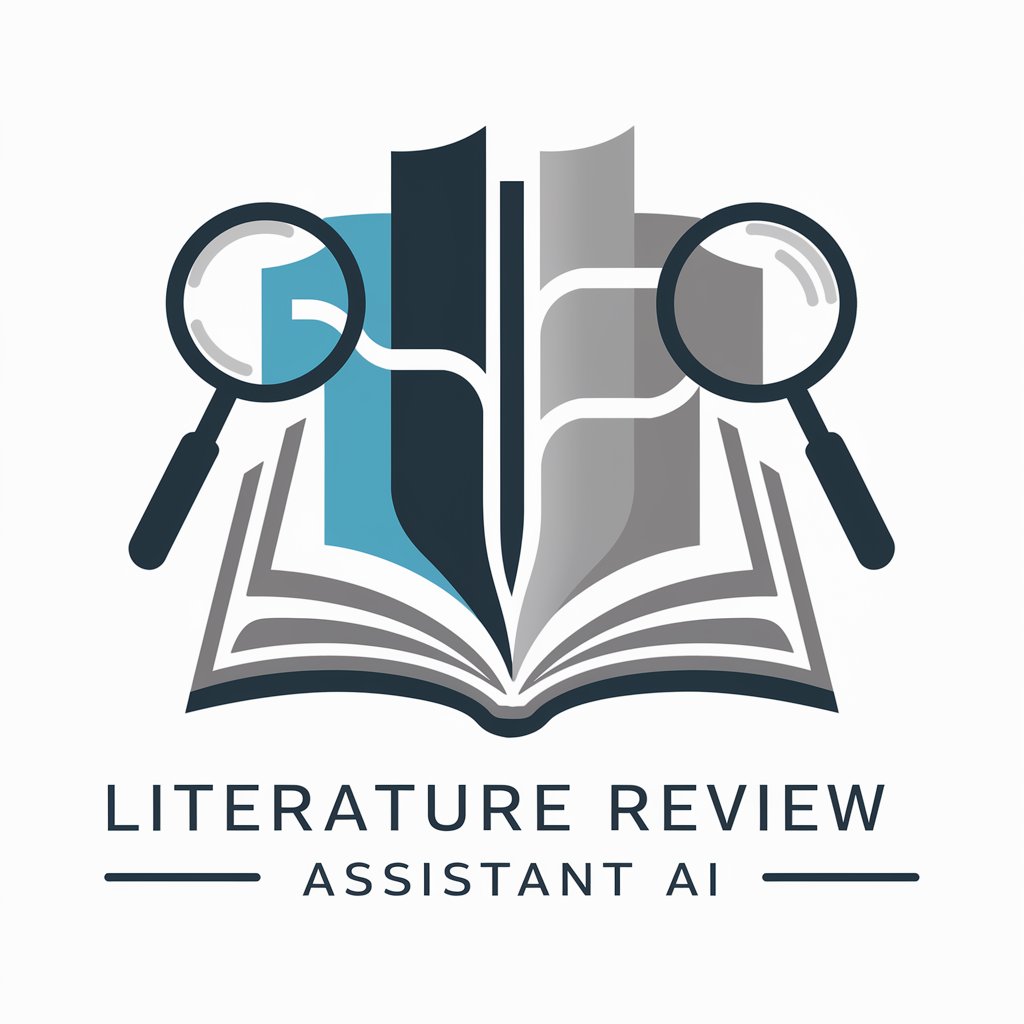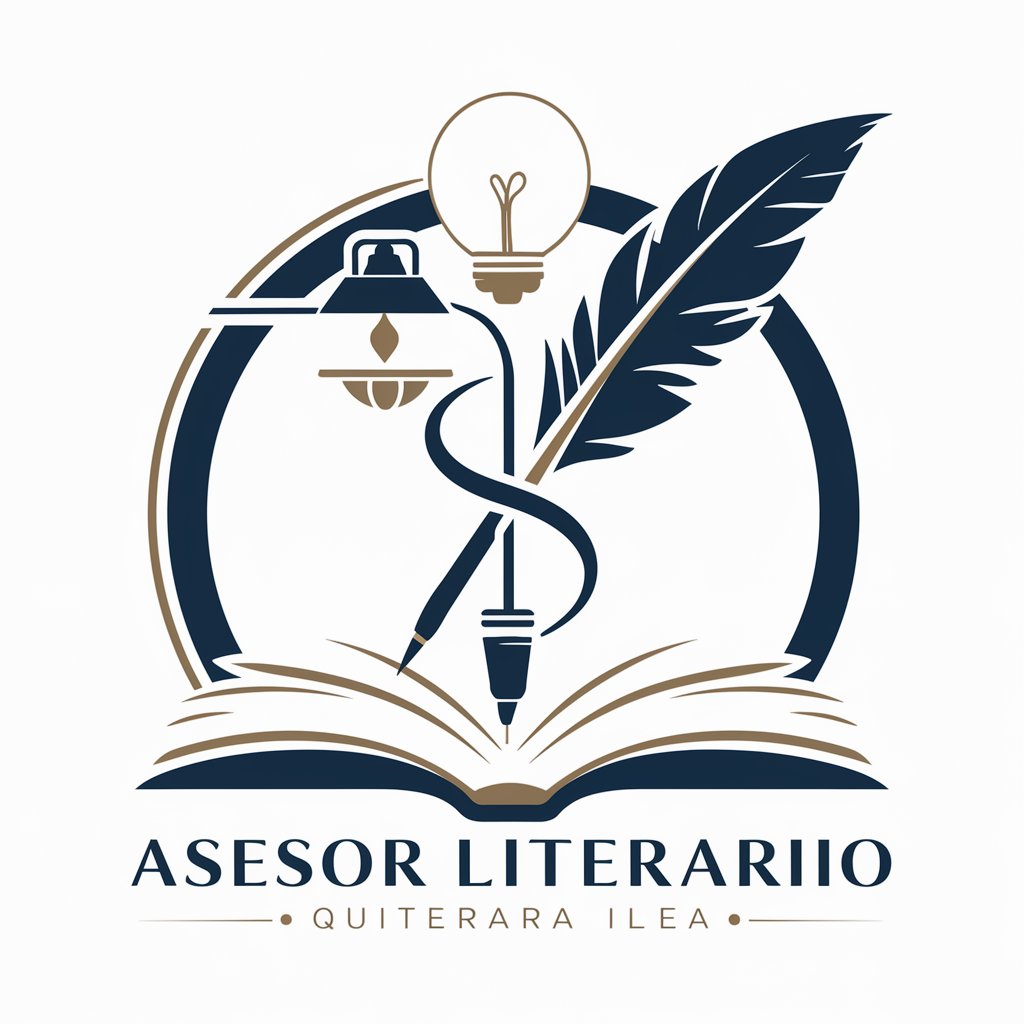
Literature Assistant - Literature Formatting and Analysis

Hello! Need help with formatting bibliographic info or cleaning text? I'm here to assist.
Streamline Your Literature Research with AI
Format this citation into JSON.
Extract details from this article reference.
Turn this citation into a JSON format.
从提供的url地址中获取文献的详细信息以json格式返回
Get Embed Code
Introduction to Literature Assistant
Literature Assistant is designed to serve as an invaluable resource for individuals engaged in academic and research activities, specifically within the realm of literature and scholarly publications. This AI-driven tool specializes in enhancing the research process by offering functionalities that streamline the management and comparison of literature. One of its primary features includes the ability to format bibliographic details into a standardized JSON format. This is particularly useful for researchers and students who often handle a large volume of literature references, as it aids in the organization and retrieval of essential publication details. For instance, when provided with bibliographic information, the assistant intelligently identifies and organizes key details such as author names, publication titles, journal information, and digital object identifiers (DOIs) into a structured format. Another pivotal function is the comparison of two pieces of literature to evaluate their similarity, offering a percentage score based on criteria like topic, authorship, and thematic content. This capability is instrumental in identifying potential sources of plagiarism, assessing the novelty of research findings, or finding literature with related content for literature reviews. Powered by ChatGPT-4o。

Main Functions of Literature Assistant
Formatting Bibliographic Details
Example
Given a messy citation: 'Doe, J. (2021). Understanding AI: A Deep Dive. Journal of Artificial Intelligence, 13(4), 202-210. https://doi.org/10.1000/jai.2021.0012', Literature Assistant extracts and structures this into a clean JSON object, removing any superfluous text or symbols.
Scenario
This function is particularly useful for academics compiling references for a paper or researchers cataloguing sources for a literature review. It ensures consistency and accuracy in citing sources.
Comparing Literature for Similarity
Example
When two research papers are submitted, Literature Assistant analyses and provides a similarity score based on their topics, authorship, and content themes, helping to identify overlaps or significant differences.
Scenario
This is essential in academic settings for plagiarism detection, in literature reviews to assess the uniqueness of a study, or for researchers looking to build upon existing studies without duplicating efforts.
Ideal Users of Literature Assistant Services
Academic Researchers
These users often engage with extensive bibliographic data and require efficient tools for organizing references and assessing the novelty of their research findings. Literature Assistant's capabilities in formatting references and comparing literature make it a crucial asset for this group.
University Students
Students, especially those in graduate programs, benefit from Literature Assistant by efficiently managing their references for theses or dissertations and ensuring their research topics are unique and well-founded through literature comparison.
Librarians and Information Professionals
These individuals can utilize Literature Assistant to assist patrons in organizing their research materials, teaching citation management skills, and conducting comprehensive literature reviews with an emphasis on detecting similarities and differences among sources.

How to Use Literature Assistant
Step 1
Start your journey at yeschat.ai for a complimentary trial; no sign-up or ChatGPT Plus required.
Step 2
Select the Literature Assistant option from the available tools to begin formatting bibliographic details or comparing literary works.
Step 3
For bibliographic formatting, input the citation details as provided by your source. For literature comparison, enter the texts or references you wish to compare.
Step 4
Review your input for accuracy and completeness before submission to ensure the most precise outcomes.
Step 5
Utilize the generated results for academic writing, research documentation, or enhancing your understanding of literary similarities and differences.
Try other advanced and practical GPTs
Literature Buddy
Streamlining Academic Research with AI
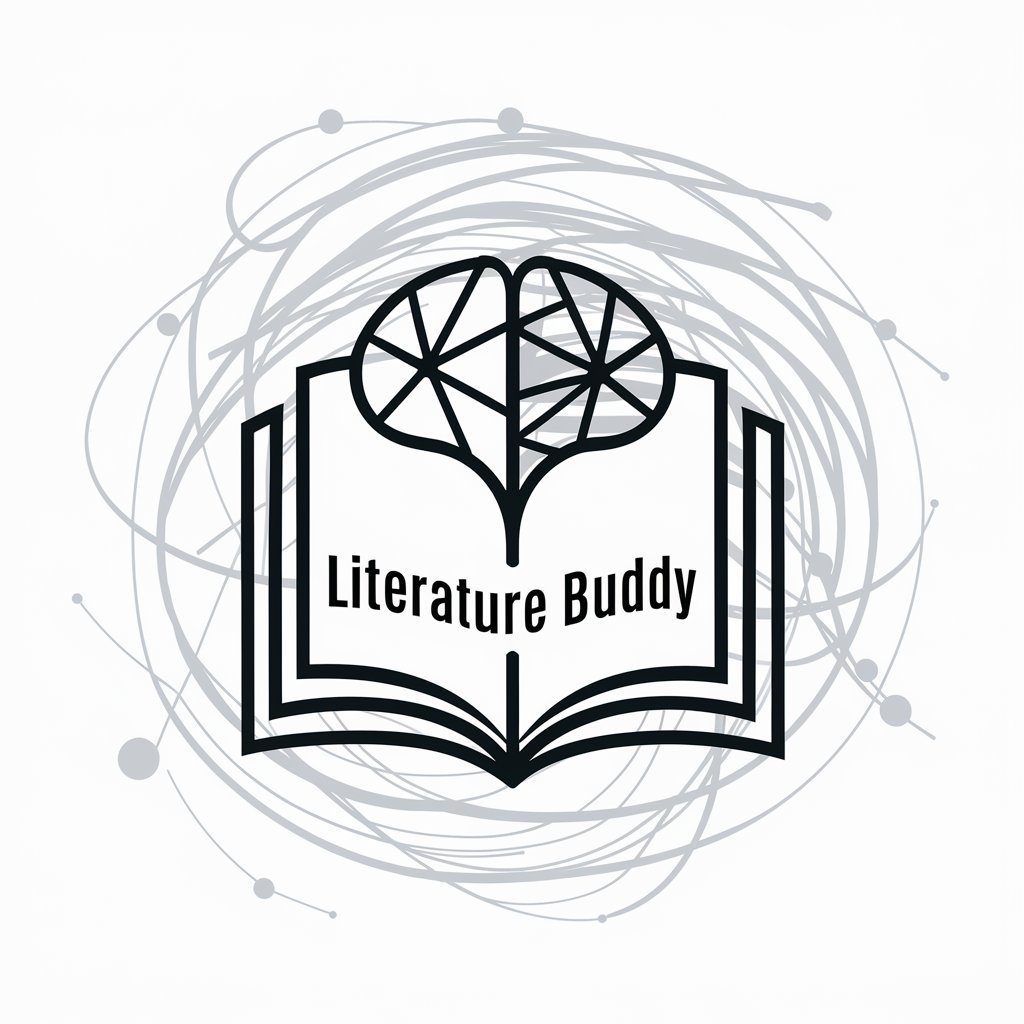
Children's Literature
Ignite Imagination with AI
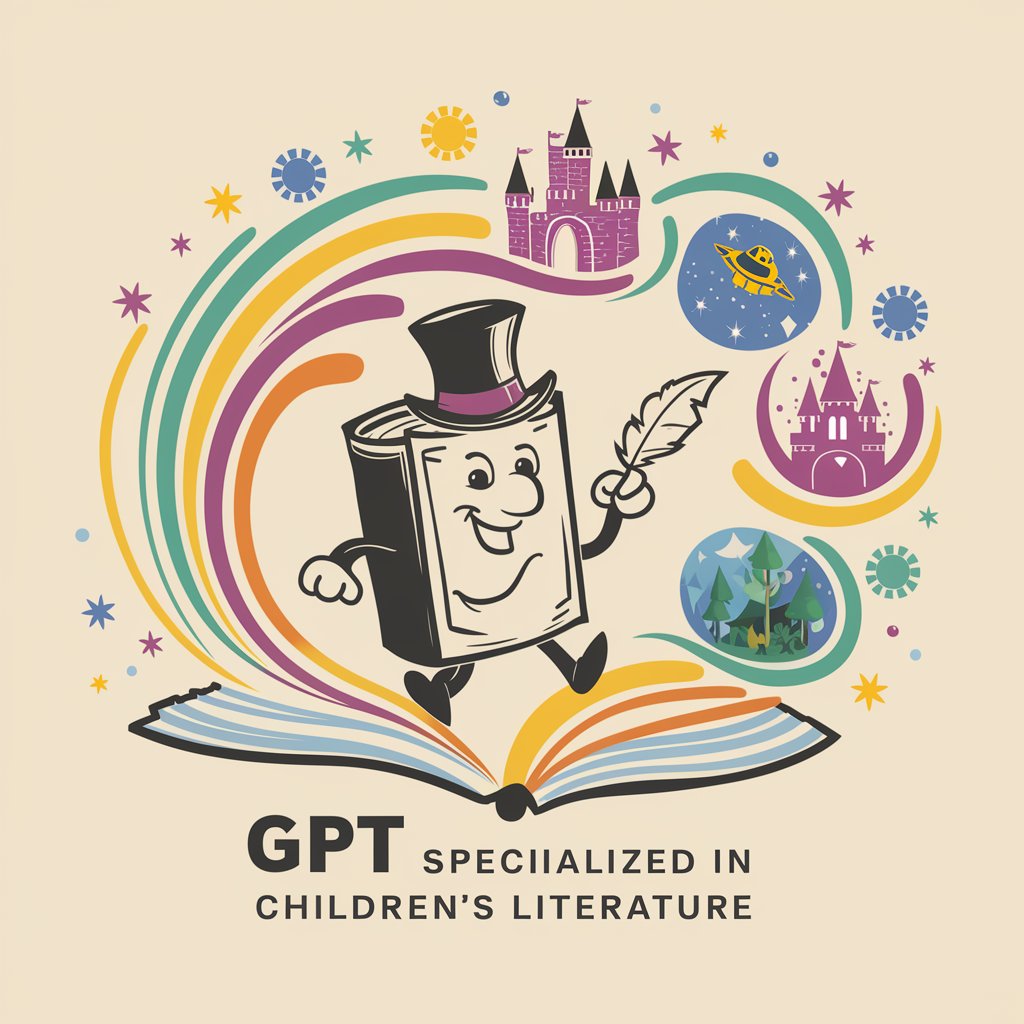
Literature Plaza
Empowering Your Literary Journey with AI

literature analyst
Deciphering Orthodontics with AI
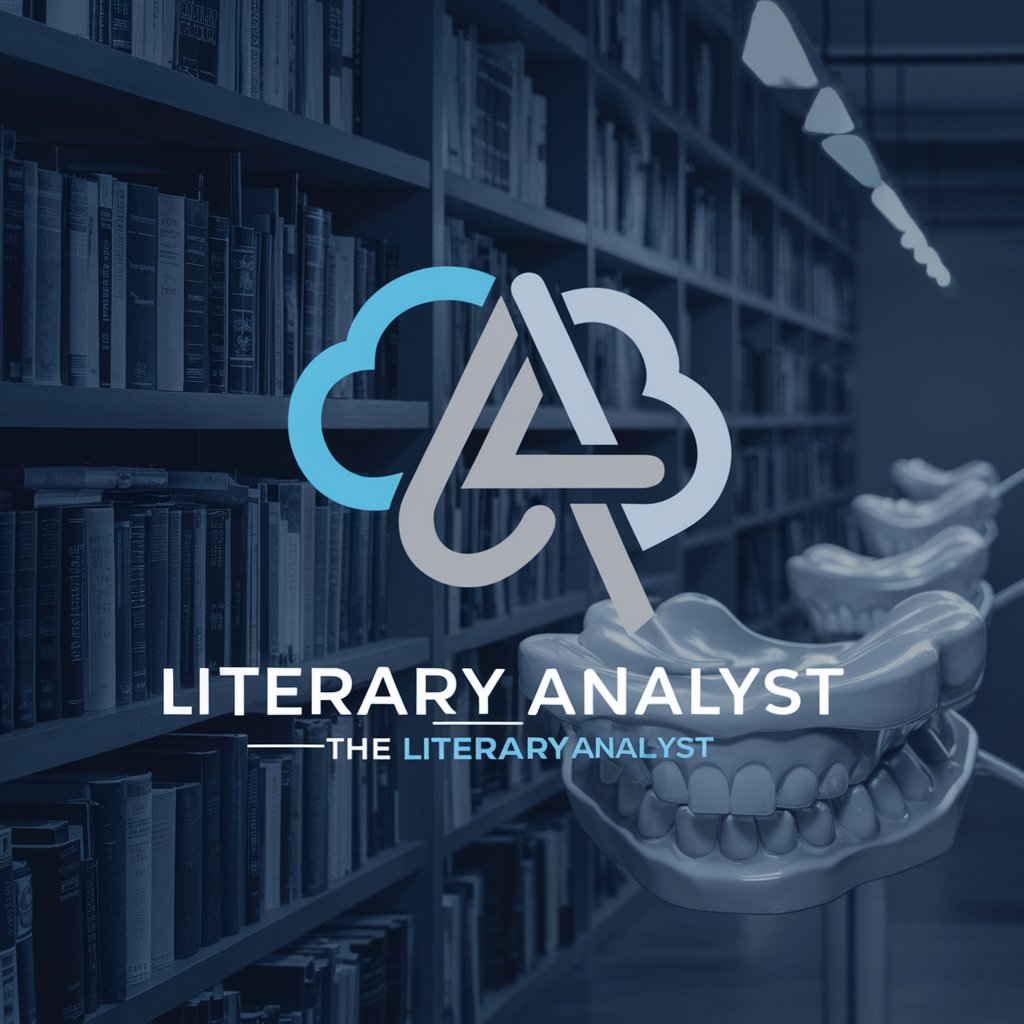
Literature Reviewer
AI-powered pivot insights in research

Funnel Wizard Expert
Build and Optimize Funnels with AI-Powered Insights

Literature Teller
Empowering literary exploration with AI

Literature Magician
Unlock the magic of literature with AI.
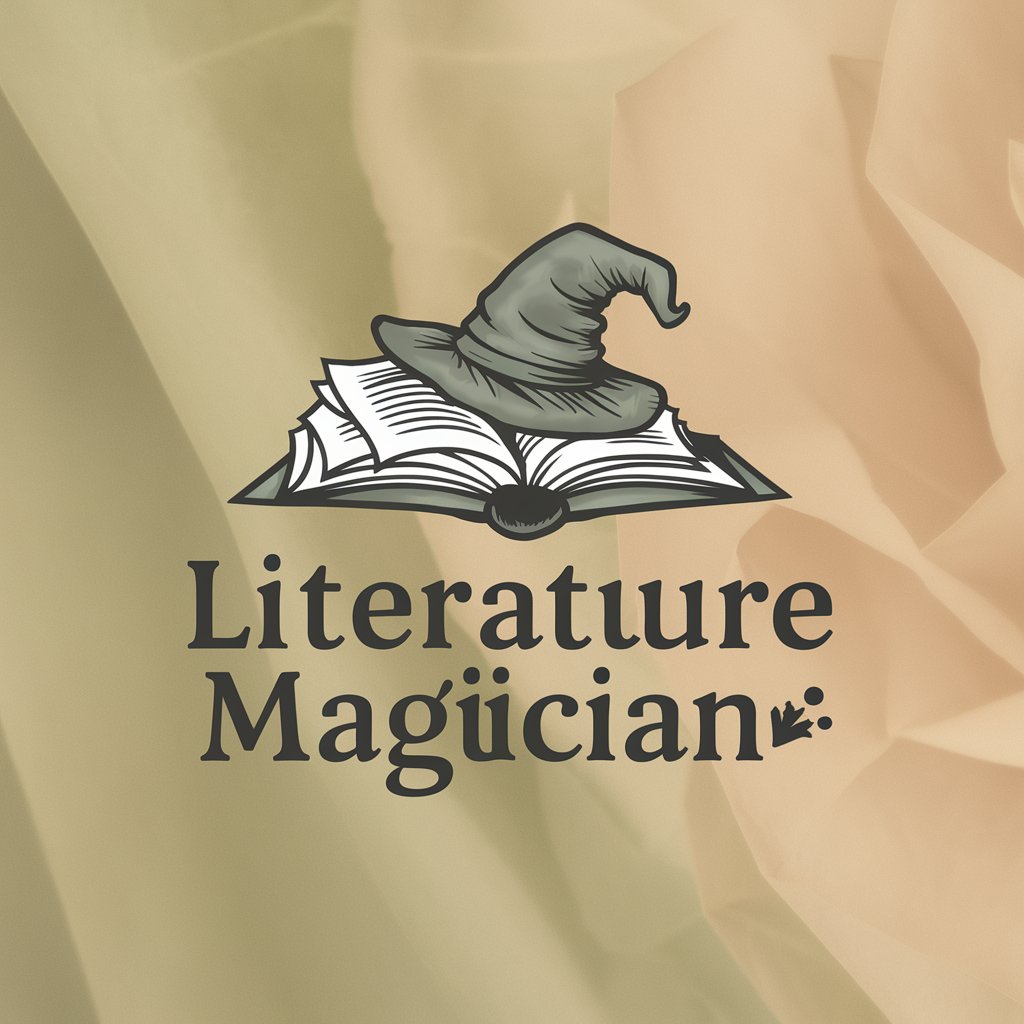
Character Mimic
Bringing Fiction to Life with AI

Character Generator
Craft Your Characters, Power Your Story
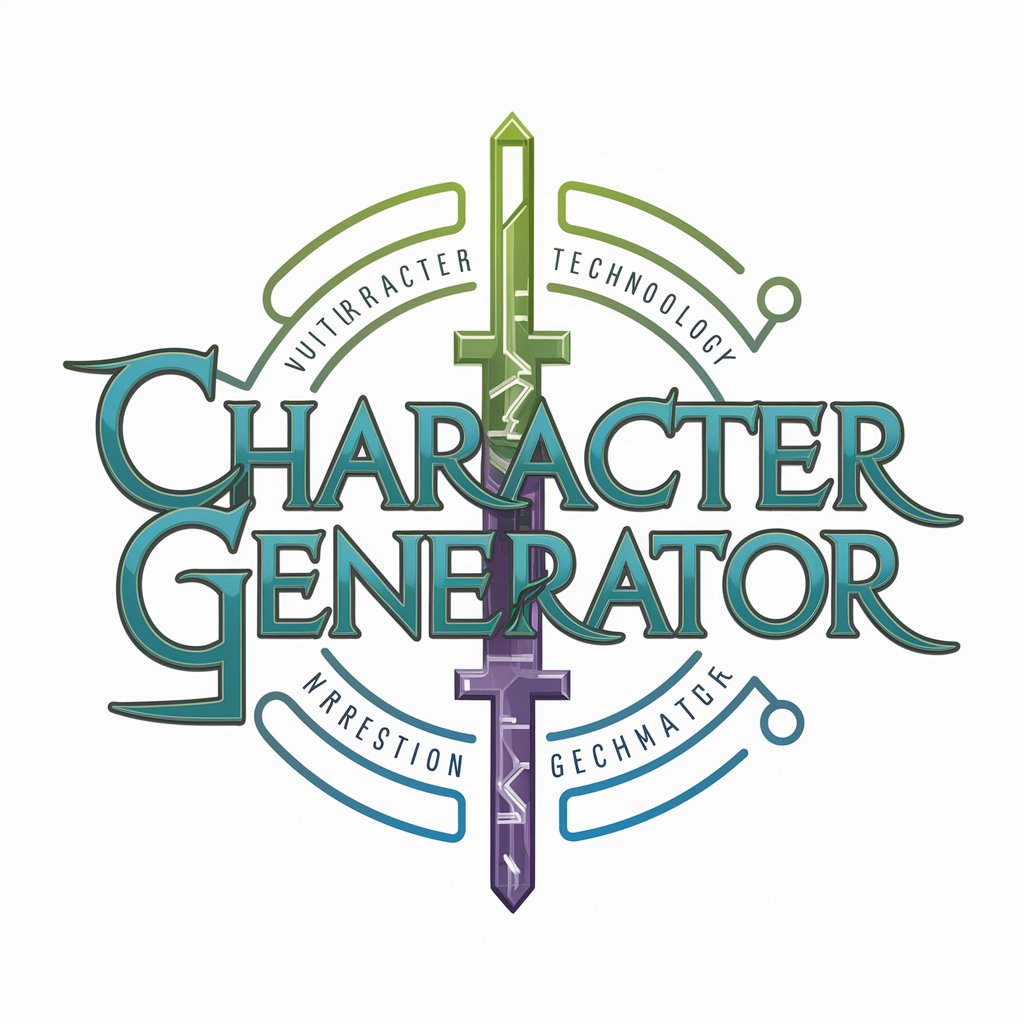
Character Crafter
Craft compelling characters with AI.
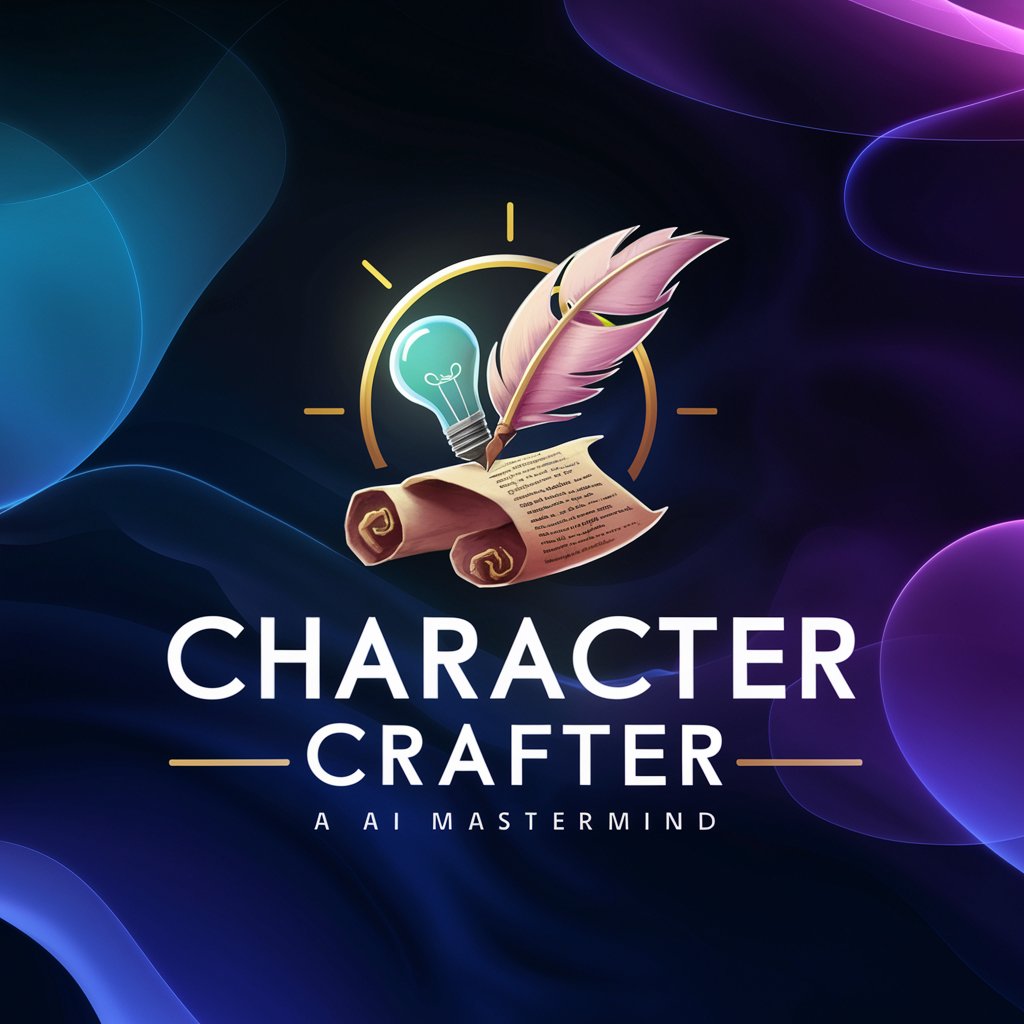
Complain Composer
Automate your grievances with AI precision.

Frequently Asked Questions about Literature Assistant
What is Literature Assistant?
Literature Assistant is an AI-powered tool designed to help users format bibliographic details into JSON and compare two pieces of literature for similarity, providing a percentage score. It supports both English and Chinese languages.
Can Literature Assistant help with academic writing?
Yes, it can significantly assist in academic writing by providing accurately formatted bibliographic entries and insights into the similarity between various texts, which can inform literature reviews or research papers.
How accurate is the literature comparison feature?
The literature comparison feature analyzes topic, authorship, and content themes to provide a similarity percentage. Its accuracy depends on the detail and complexity of the texts entered but aims to be a helpful guide for preliminary analysis.
Does Literature Assistant require any special software to use?
No special software is needed. Literature Assistant is accessible through web browsers, making it easily available for anyone with an internet connection.
Can I use Literature Assistant for non-academic purposes?
Absolutely. While it is tailored for academic use, Literature Assistant can also be useful for authors, editors, and anyone interested in exploring the relationships between different texts or needing bibliographic formatting for various projects.
